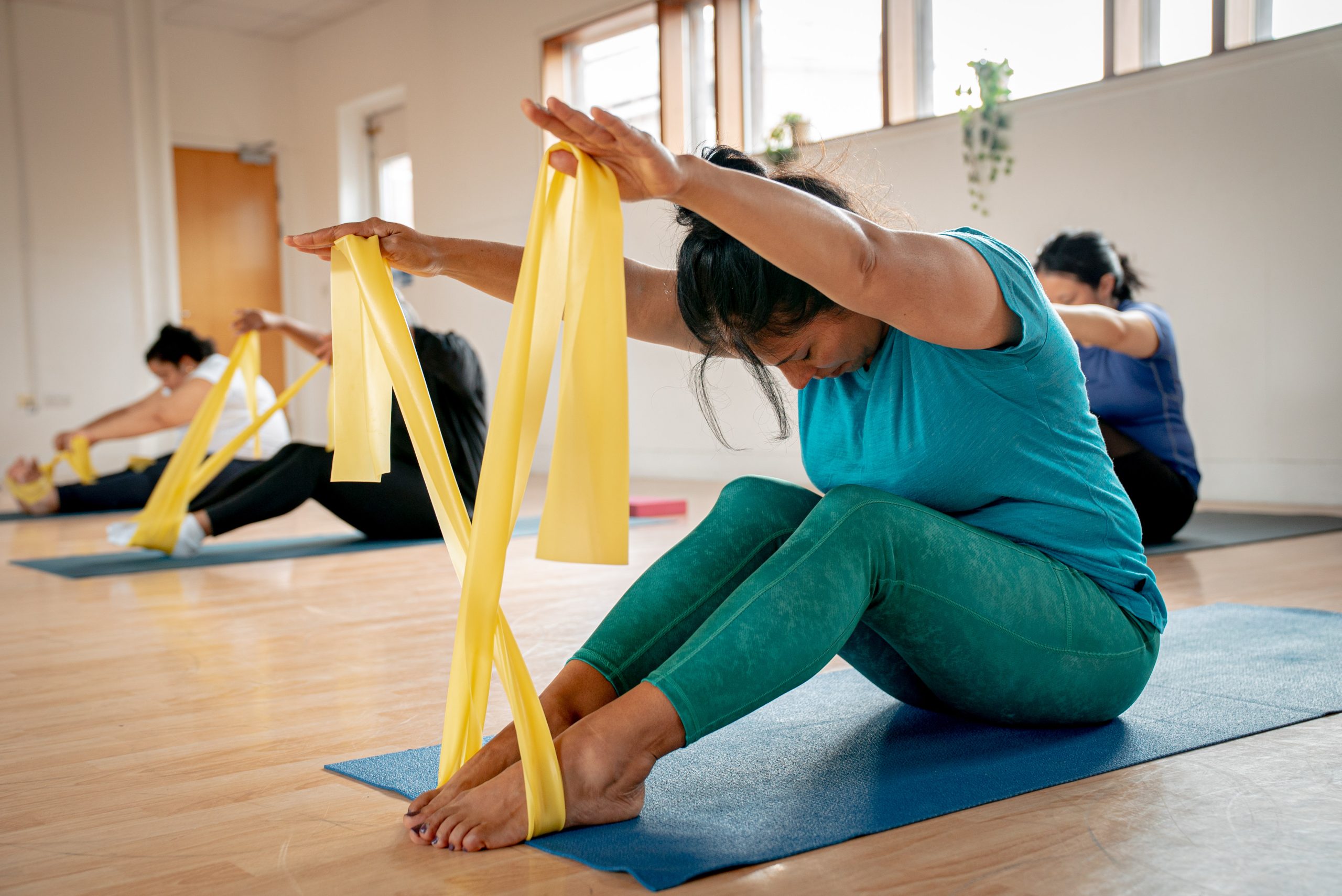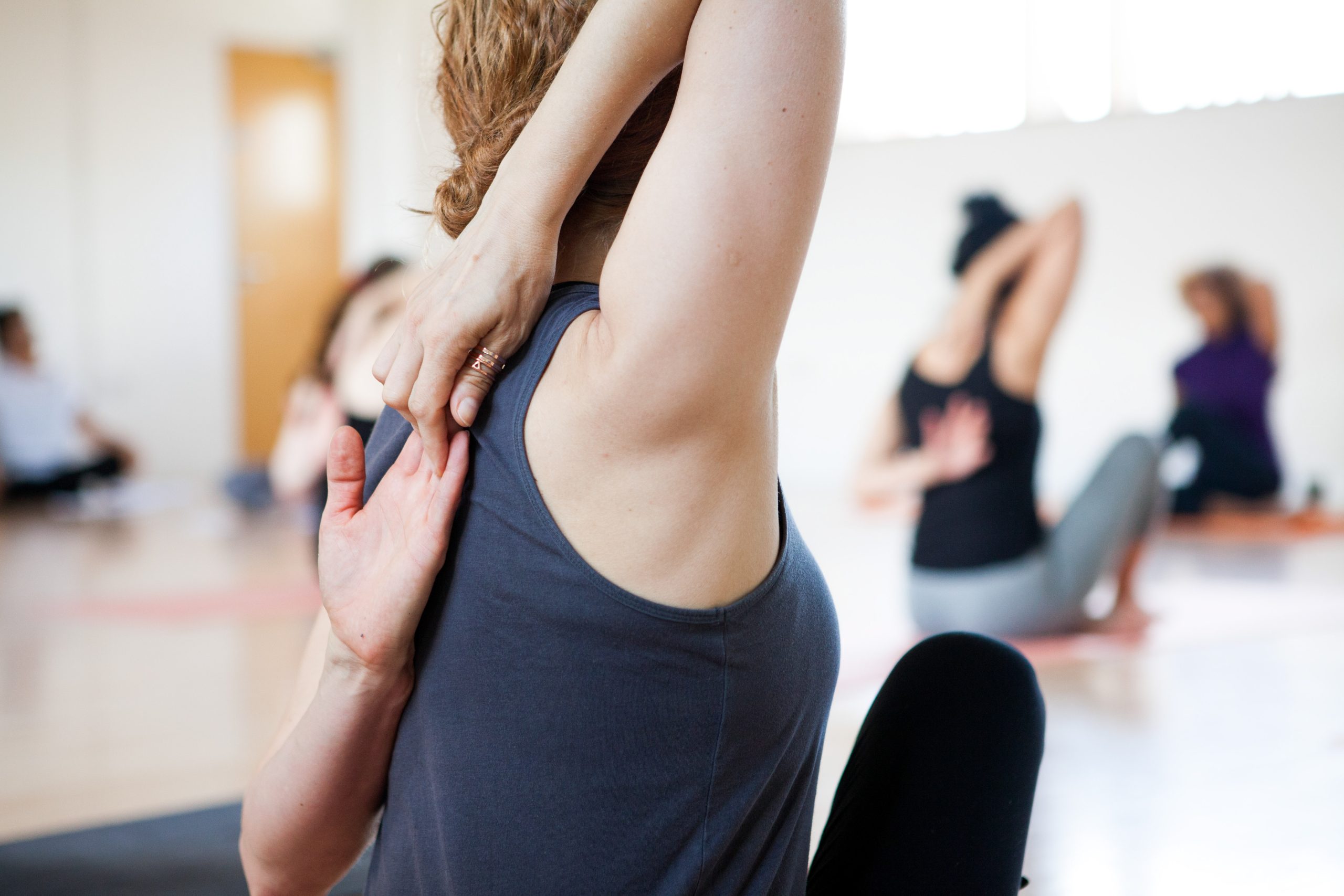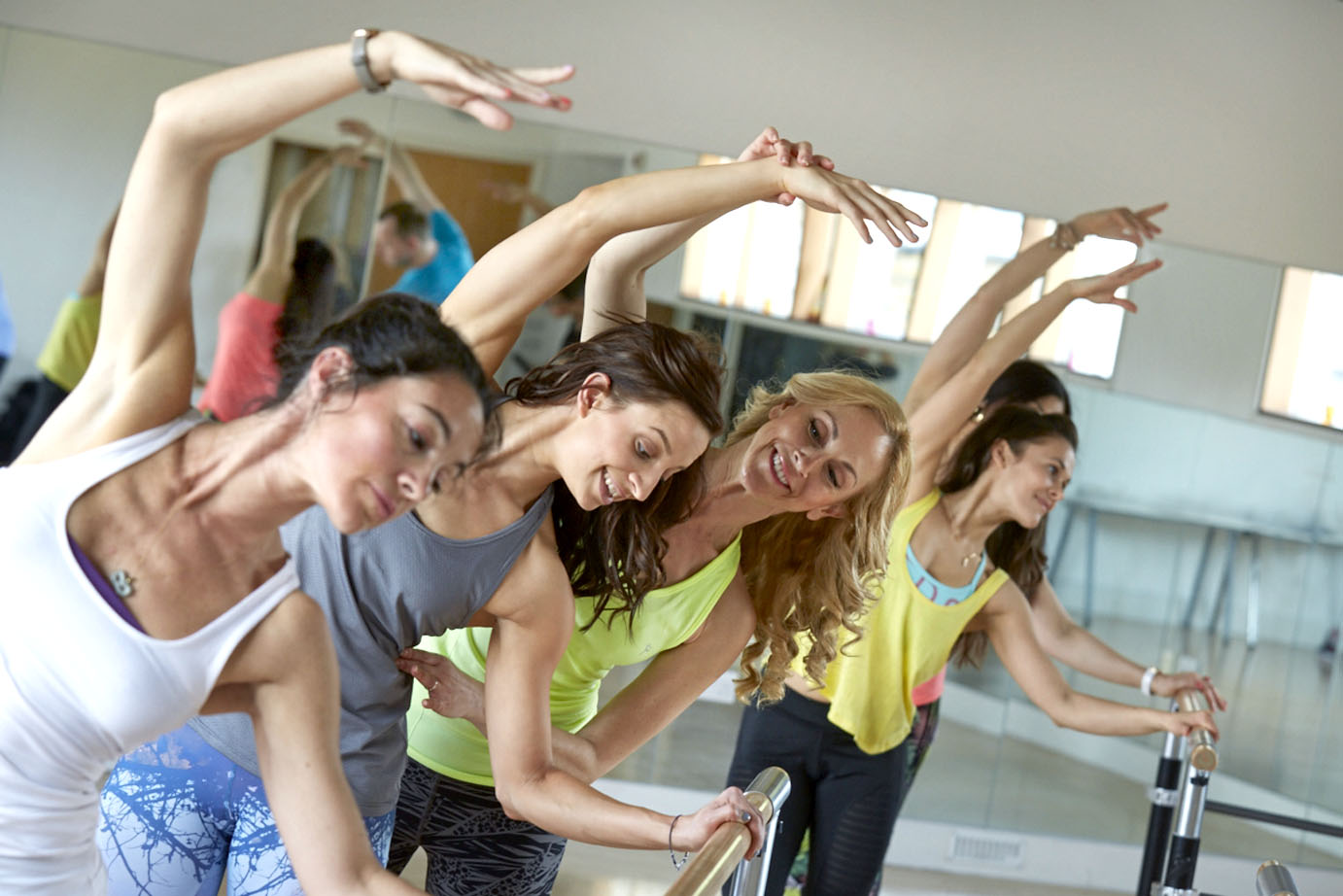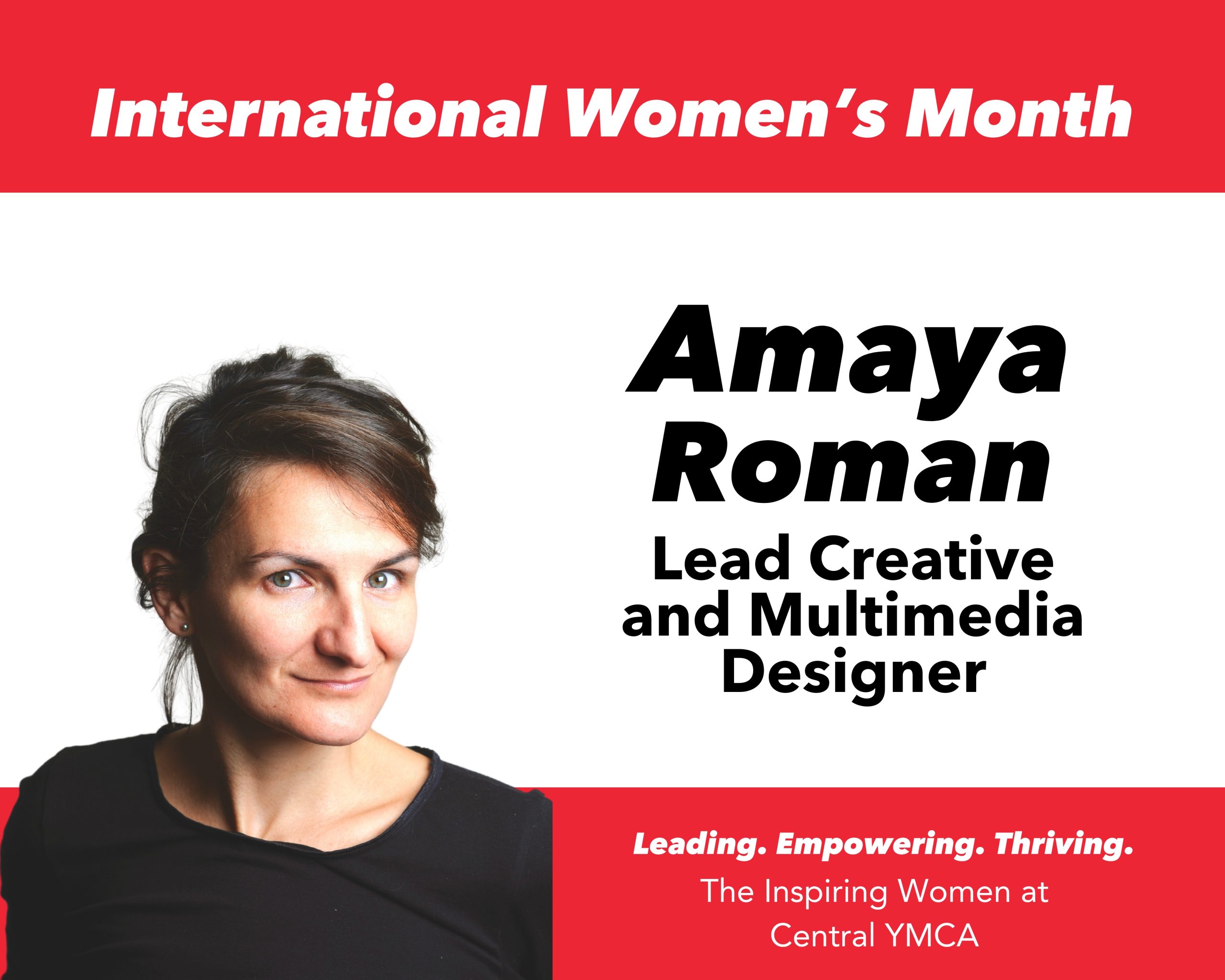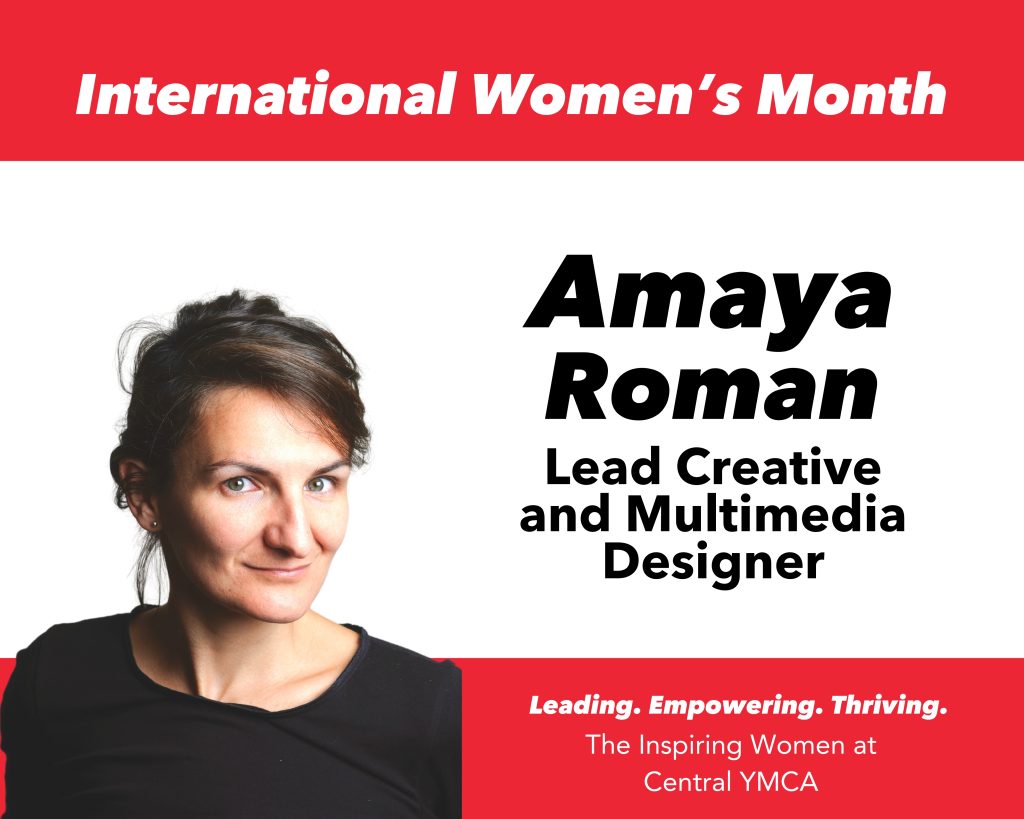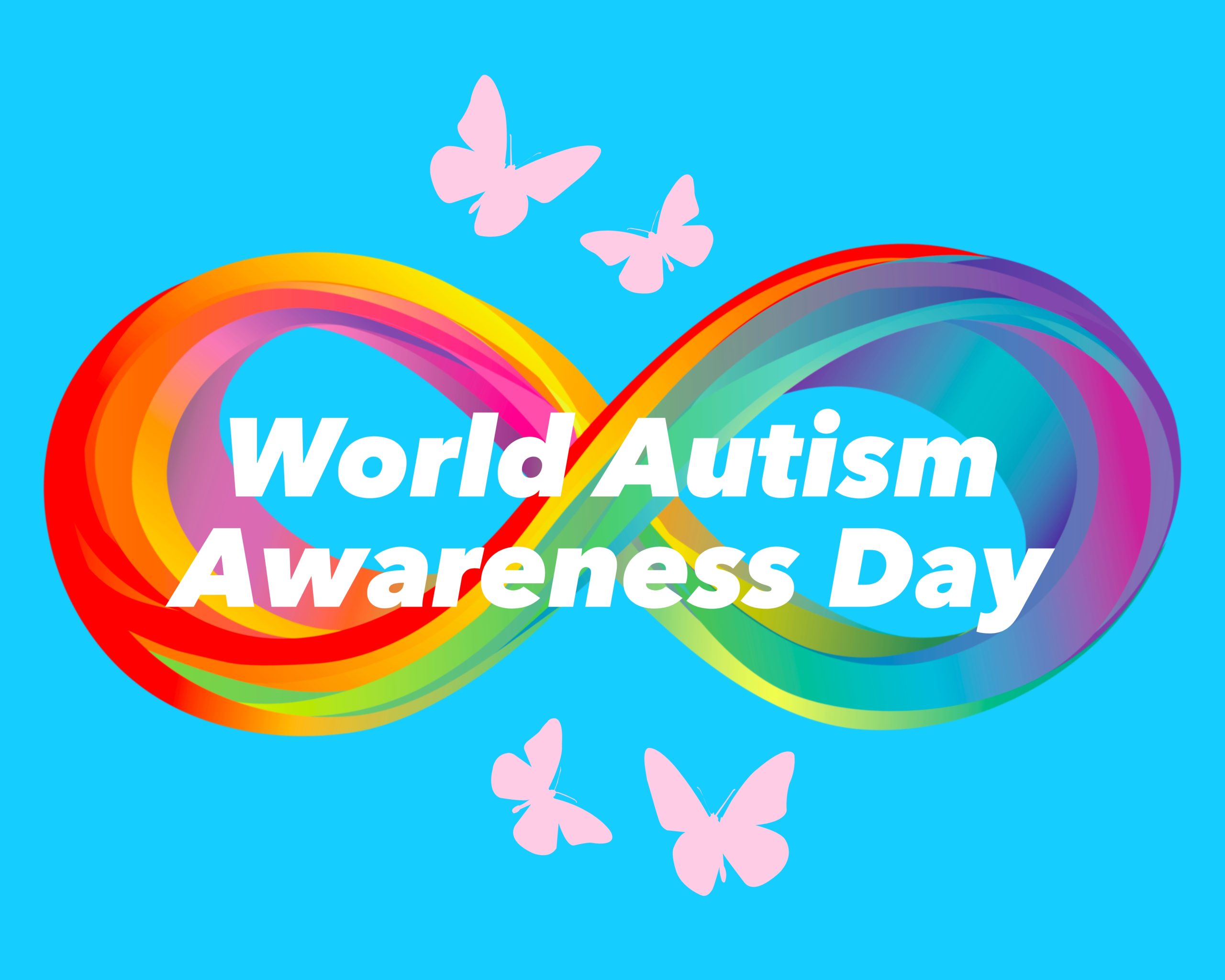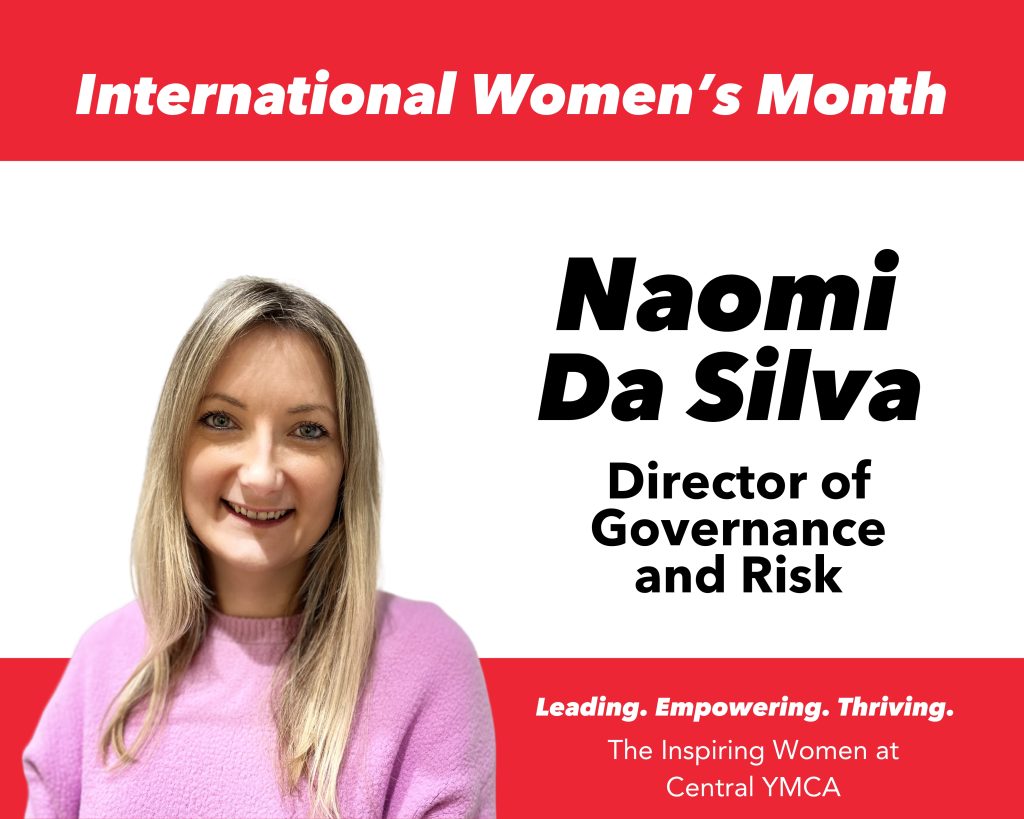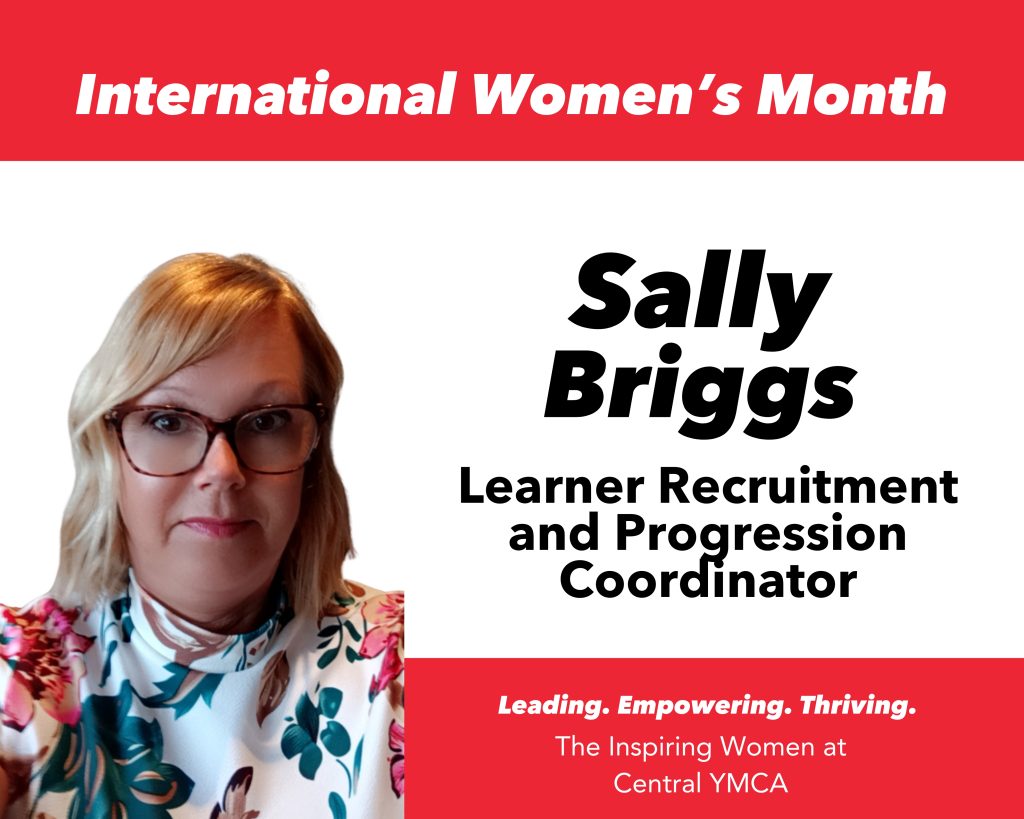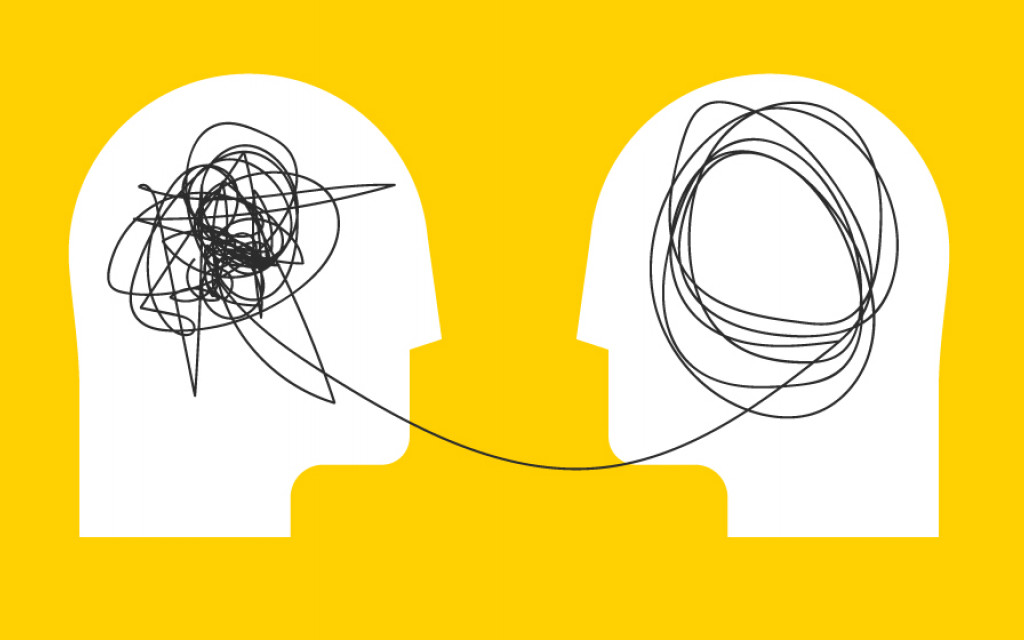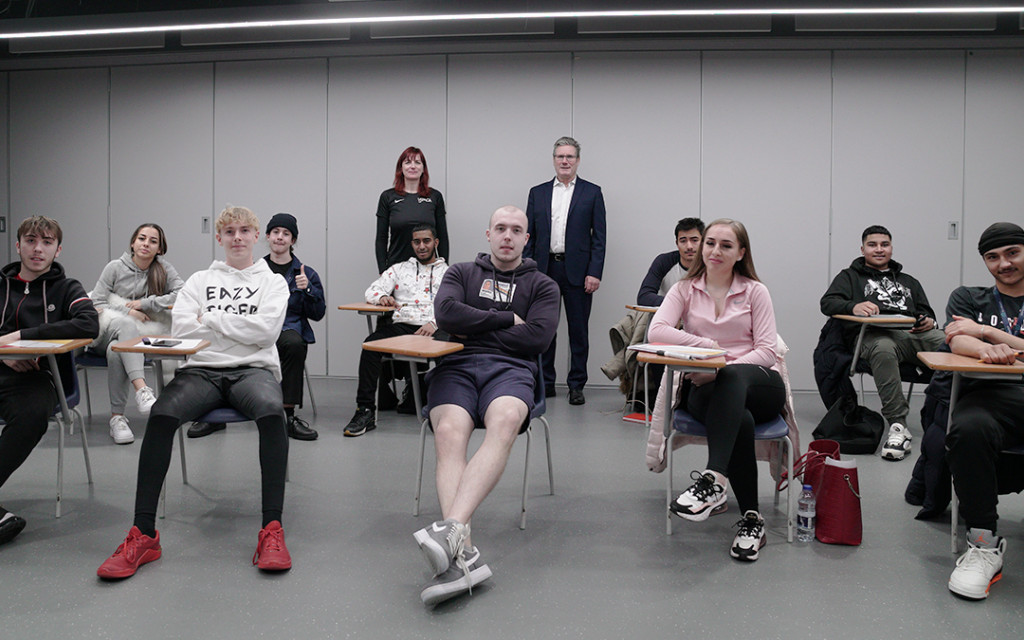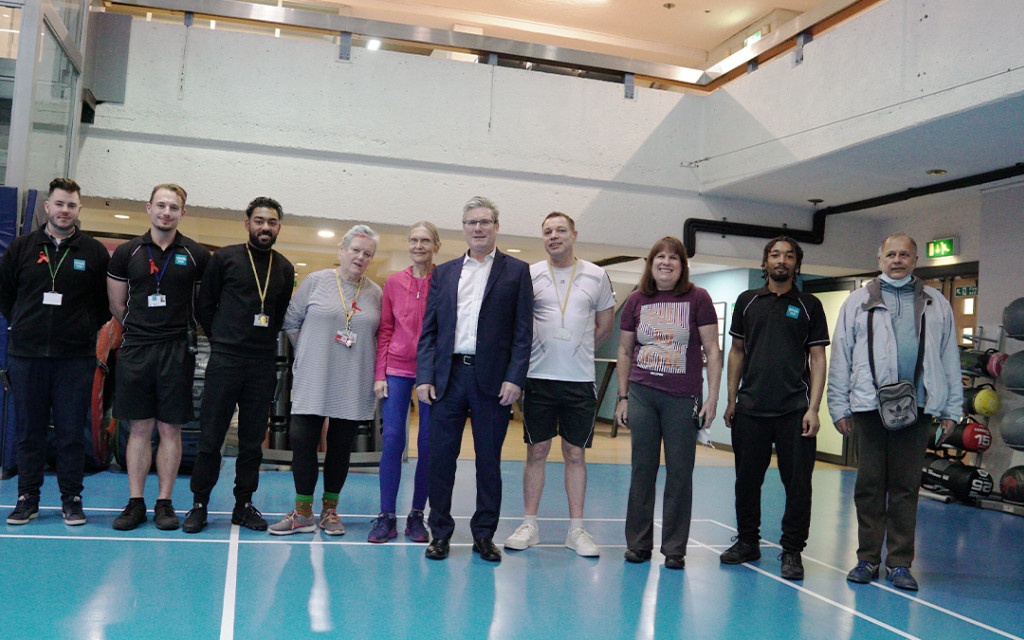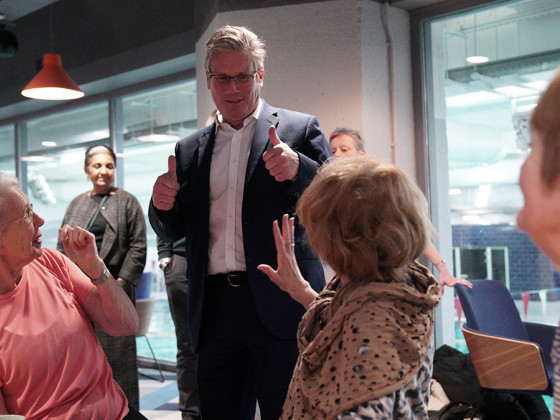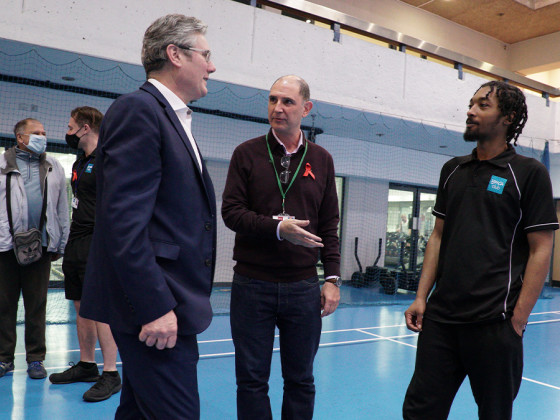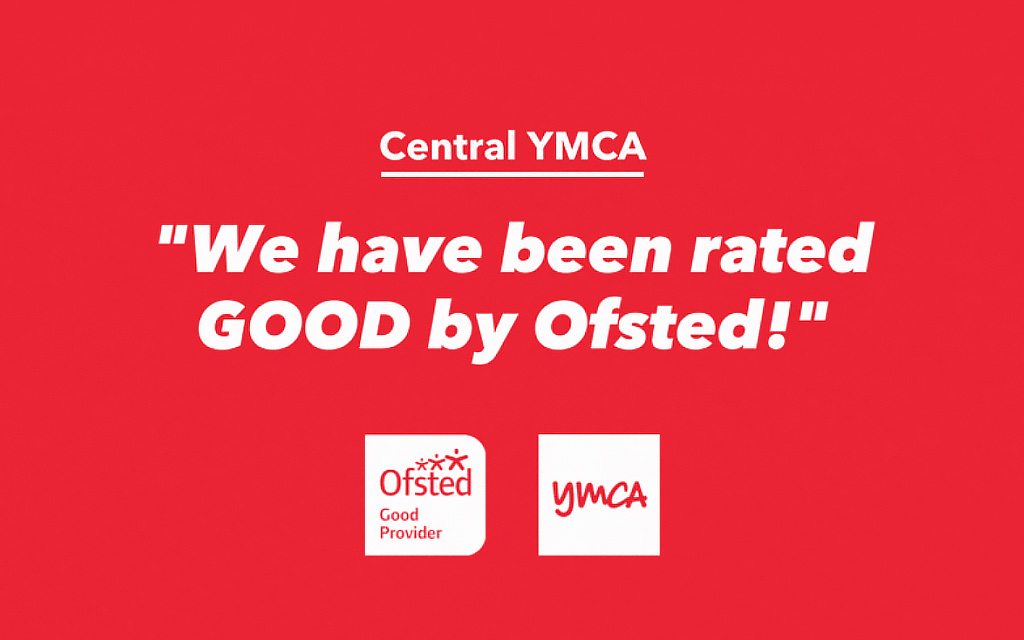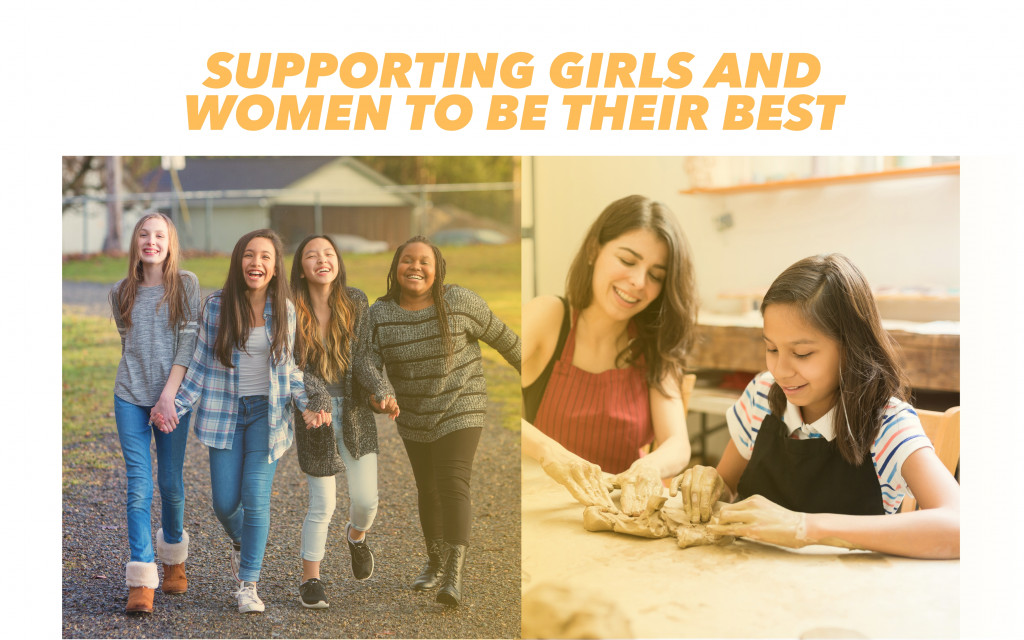Empowering Neurodivergent Learners and Individuals | World Autism Awareness Day
|
The 2nd of April marks World Autism Awareness Day, a time to raise awareness of autistic individuals around the globe. It has also encouraged us to reflect on our commitments when it comes to autism and other examples of neurodiversity, particularly when it comes to our Education and Skills programmes in which we work with a variety of learners and apprentices from all different backgrounds.
What is autism?
Autism is a neurological condition that affects the way people think, communicate, and feel. It exists on a spectrum, and there are no two autistic people who present in the exact same way. Autistic people may interpret social cues or sensory processing in a unique way to neurotypical people.
A common misconception is that autism is a disease or prevents people from living a fulfilling life. For most autistic people, that couldn’t be further from the truth! While their brain may work a bit differently, they have the same desires as neurotypical people to make connections with others, gain a quality education, and find a career they enjoy.
Autism is something that can impact anyone – children or adults, males or females, people of any race. According to the National Autistic Society, more than 1 in 100 people are autistic, and there are more than 700,000 autistic people in the UK. The rates of autism have been slowly increasing in recent years, but that’s not because more people are being affected – resources are simply getting better, and professionals are learning more about the many ways autism can present in different people.
Understanding the Ways Autism May Impact Education and Employment
Autism and neurodivergence bring unique strengths and thought processes to educational settings and workplaces. They may have a different style of working compared to their neurotypical classmates or colleagues. It could lead to struggles with things like communication, dealing with change, or fatigue and stress from masking their neurodivergent traits. But there are also many advantages that autistic people may experience in an education or work environment, such as:
- Strong attention to detail
- Ability to go into deep focus while working on a project
- Excellent problem-solving skills
- Providing different perspectives
- Strong sense of social justice and fairness
Central YMCA’s Commitment to Fostering Inclusivity
We are fully committed to helping all people, both neurotypical and neurodivergent, reach their full potential and achieve their goals. Our commitment to supporting neurodivergence is particularly evident in our education and training programmes. Many of our previous and current learners are on one of the neurodivergent spectrums, including autism as well as conditions like ADHD, dyslexia, or dyspraxia.
We want everyone to have the tools they need to succeed, and for our neurodivergent learners, this may include making additional accommodations or creating an individualised plan to meet their specific needs.
One of our tutors Helen says, “To support neurodivergent learners we offer additional support sessions with the Learning Support Tutors. We put together an individualised Support Plan for each learner, based around a detailed discussion with them and them identifying areas they want to work on. The support sessions focus on areas ranging from study skills to pastoral support. We introduce the learner to different strategies that are transferable to support them with their apprenticeship and in their personal lives.”
This kind of support is huge to our learners who need it! One of our recent apprentices said, “I speak for myself here, but I reckon many other apprentices would agree that you all go above and beyond for us – from booking and attending meetings to sending us help or even just being available to have a chat about how things are going. It all matters and means something… I couldn’t have asked for a better support group.”
Alongside our education programmes, our commitment to supporting neurodivergence extends to all corners of our Charity. We offer similar accommodations for neurodivergent learners in our YMCAfit fitness training programmes, and we ensure our staff members feel well-supported and have the tools they need to do their best work.
Breaking Down Barriers in Education and Work Environments
The best way to encourage a future that embraces neurodiversity is for organisations to advocate for autistic and neurodiverse individuals. Here are some ideas on how to create an inclusive workspace:
- Create an open and accepting environment where people feel like they can be themselves and where neurodivergent people will feel comfortable sharing their diagnosis.
- Make sure your company’s DEI statement and policies are up to date to include wording around neurodiversity.
- Allow for adjustments to prevent sensory overload for neurodiverse employees who may be sensitive to noise, light, or crowded spaces. This may include providing noise-cancelling headphones, creating a workspace in a quiet corner away from distracting spots like the kitchen or meeting points, or having a flexible policy around hybrid working. These adjustments will be different for every neurodiverse person – chat with them to see what could be done to help them do their best work.
- Many autistic people struggle with change, so it can be extremely helpful to stick to a routine where possible.
- Clear communication is key when it comes to setting expectations around tasks and deadlines.
- Provide regular feedback on performance and check in with neurodiverse employees regularly to ensure their needs are being met.
Awareness is just the first step – action is what will truly lead to the full acceptance and understanding of autistic and neurodivergent people! We all have a role to play, and together we can create an incredible future where neurodivergence is celebrated and valued within educational and work settings as well as all other aspects of society.

